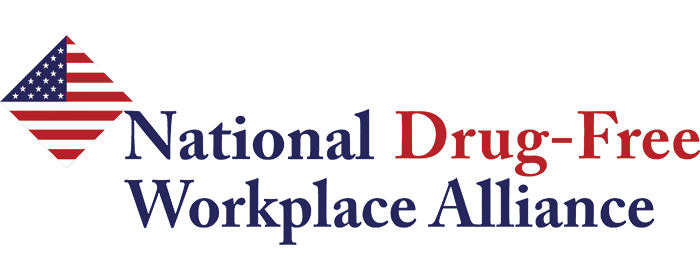Because a growing number of states and the District of Columbia have legalized medical and recreational marijuana, it’s important for employers to be aware of the possible impact of marijuana to their business and identify and implement strategies to mitigate risk, especially for businesses that include driving as part of their operation.
Despite legalization by individual states, marijuana still remains federally illegal. Actions by several U.S government agencies and administrations have upheld that position. The U.S. Department of Transportation (DOT) issued notices that specifically addressed marijuana, both medical and recreational, and reiterated the ban against it for drivers or operators that are performing their DOT covered safety sensitive functions.
Employees that use marijuana and other drugs negatively impact the health and safety of the work environment due to increased workplace accidents, injuries, and other effects, driving up the cost of doing business. The safety of anyone coming in contact with the business could be in danger.
One study found that marijuana users had 85% more injuries at work than non-users (Zwerling and Associates, 1990). Driving under the influence of marijuana is dangerous and adversely affects concentration, coordination, and perception, all important driving skills (NIDA, 1998). An analysis of nine epidemiological studies conducted by researchers at Columbia University’s College of Physicians and Department of Public Health concluded that drivers that test positive for marijuana are more than twice as likely as other drivers to be involved in a collision. Another study found that they are three to seven times more likely to have caused the crash (Li, Mu-Chen, et al, 2012). Research has further supported this dangerous effect following legalization of medical marijuana:
- In 2009, Colorado marijuana‐related traffic deaths involving operators testing positive for marijuana represented 10 percent of all traffic fatalities. By 2015, that number doubled to 21 percent (NHTSA).
- Since recreational marijuana was legalized in 2013, traffic deaths in which drivers tested positive for marijuana increased 109 percent while all Colorado traffic deaths increased 31 percent by 2018. (CO Department of Transportation).
- According to a 2014 National Highway Traffic Safety Administration report, regarding the economic and societal impact of car crashes, the total economic cost for a vehicle fatality is $1,398,916. That includes property damage, medical, insurance, productivity, among other considerations.
Even now, companies across the country who employ drivers have a difficult time finding employment candidates who can pass the required drug tests. Those prospective drivers often seek jobs with companies that don’t drug test. With youth consuming marijuana earlier than ever, there are concerns that have already been raised about the state of workforce readiness.
Companies that employ drivers may wish to ensure they have a comprehensive drug-free workplace policy in place along with drug testing. Implementing an employee instruction program to understand the employer’s drug-free workplace policy, awareness education on the impacts of substance use, as well as driver safety skills training, are some proactive measures that many employers utilize. Consistent and fair application of the company’s drug-free workplace policy will provide a foundation for reducing and hopefully eliminating workplace problems associated with drug and alcohol use.





